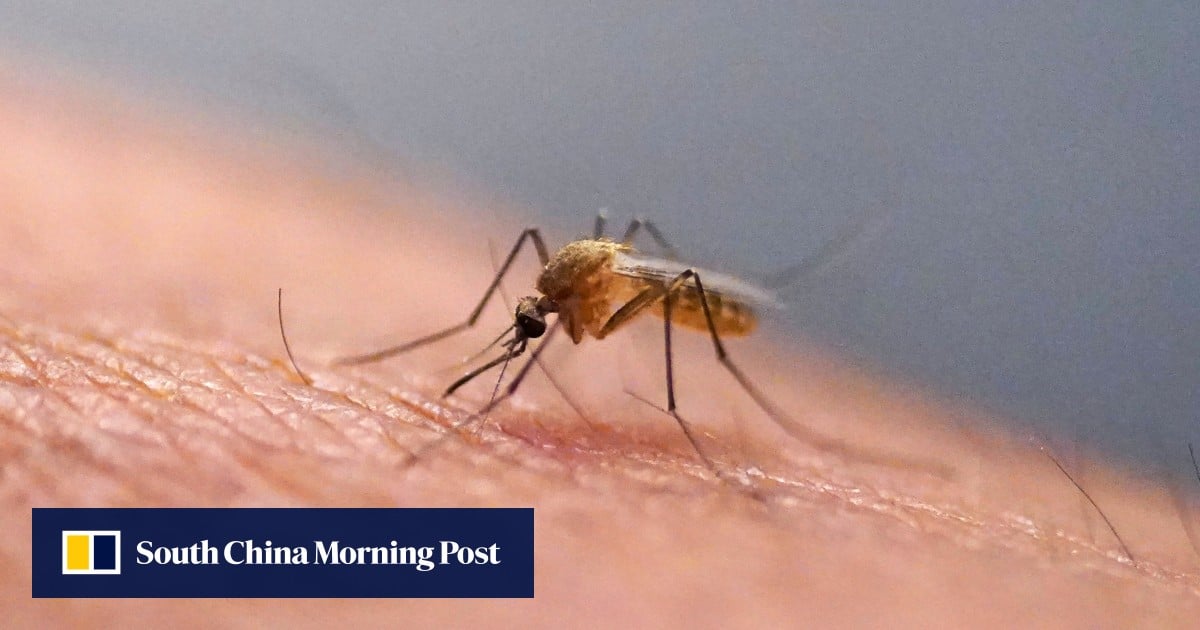Chikungunya Infections Climb to 70 in Hong Kong as Two Imported Cases Surface
Hong Kong has reported two additional imported cases of chikungunya, a mosquito-borne viral illness, bringing the city's total confirmed infections this year to a significant 70. Both new patients, a 69-year-old man and a 49-year-old woman, had recently traveled to mainland China, as announced by the Centre for Health Protection (CHP) on Sunday.
Of the 70 cases recorded so far in 2025, only four were acquired locally within Hong Kong. The vast majority, 66 cases, are classified as imported, underscoring the ongoing risk of international travel in the transmission of such diseases.
Patient Details: A Trip to Yunnan Leads to Infection
The elderly man, a resident of Yuen Long, journeyed to Yunnan province in mainland China with three companions between November 9 and 16. Upon his return, he began experiencing joint pains on Thursday, followed by a fever two days later. He promptly sought medical attention at the accident and emergency department of Pok Oi Hospital, where he was admitted for treatment. Subsequent blood tests conclusively confirmed the presence of the chikungunya virus.
The CHP has confirmed that the man is currently in stable condition and is receiving appropriate treatment. While details regarding the 49-year-old woman's specific travel history and current condition were not explicitly provided in the initial announcement, her case was also categorized as imported, similar to the man's.
Understanding Chikungunya Transmission and Symptoms
Chikungunya is primarily transmitted to humans through the bite of infected Aedes aegypti and Aedes albopictus mosquitoes. Typical symptoms include a sudden onset of fever and often debilitating severe joint pain, which can be accompanied by muscle pain, headache, nausea, fatigue, and a rash. While the disease is generally not fatal, the intense joint pain can be debilitating and may persist for weeks or even months, significantly impacting a patient's quality of life.

